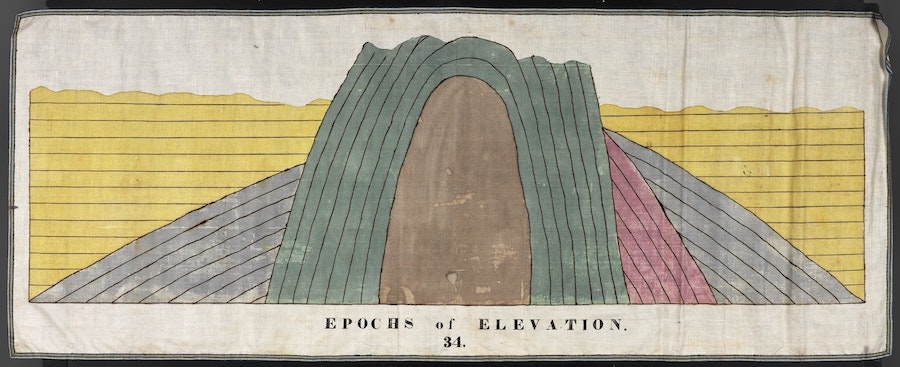One of the things I’ve repeated to writing
students is that they should write when they don’t
feel like writing, just sit down and start,
and when it doesn’t go very well, to press on then
I thought about this poem, Ron Padgett’s “Advice to Young Writers,” a lot over the summer—especially during my nightly Netflix binges of Sugar Rush or Orange is the New Black. Midway through one of these viewings, I’d get a nagging feeling—I got to get off this couch and start writing because if I don’t this manuscript will never get completed. Eventually, I get up. I sit at the desk and I try to make something that will satisfy my intentions as a writer. Sometimes beautiful things will come out. Other times it’s like scrolling through a procession of hot-word garbage. Lately, nothing has been coming out—I’ll type a few words, erase, type again. By the end of the session, I’ll be looking at a blank page. In truth, I do not want to ‘press on.’ I simply wish to sit on the couch sandwiched between my partner and dog and enjoy some mind-numbing television together like a family. But I don’t think that’s how Don’t Call Us Dead or Unaccompanied got written.
Writing is the only way I know how to discuss my experiences growing up in rural Mexico. However, I feel that the activity of writing gets in the way of other aspects of my life that are just as valuable—something as monotonous as watching television with a loved one.
My uncle passed away over the summer— a hardworking welder who shaped my family’s future. I haven’t been able to thoroughly process his death because I am too busy writing about myself. It sounds weird and selfish, but it is ultimately my truth. I would have liked to just sit on the couch with him one last time, watch Sabado Gigante and ask him how he was doing. Since his death, I have begun doubting the merit of my own writing and been focusing on my selfishness. Why do I write if not for people like my Tio? What would my uncle have done in my place? Would he have pressed on, nose against the computer screen and finished the piece, or returned to his family to enjoy a little bit of time together?
I began to realize how important stepping away from the page can be and to simply enjoy the monotony while it lasts. In the last couple of months, I have submitted three pieces for publication—which is considerably less writing than I am accustomed to. Perhaps, what I have accomplished this summer is sitting down with my mother, talking and getting to understand who my uncle was when he was a boy in Mexico. Maybe it’s okay to not write that great poem or story tonight. Maybe it’s okay to take breaks, to process how you are feeling and how you are affecting those around you.
It’s alright, students, not
to write. Do whatever you want. As long as you find
that unexpected something, or even if you don’t.



